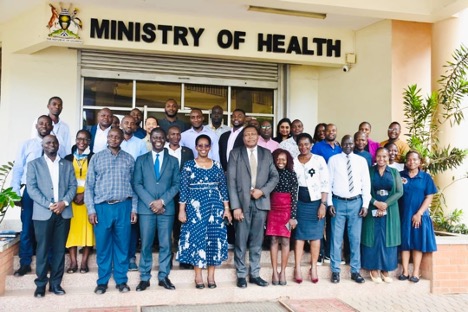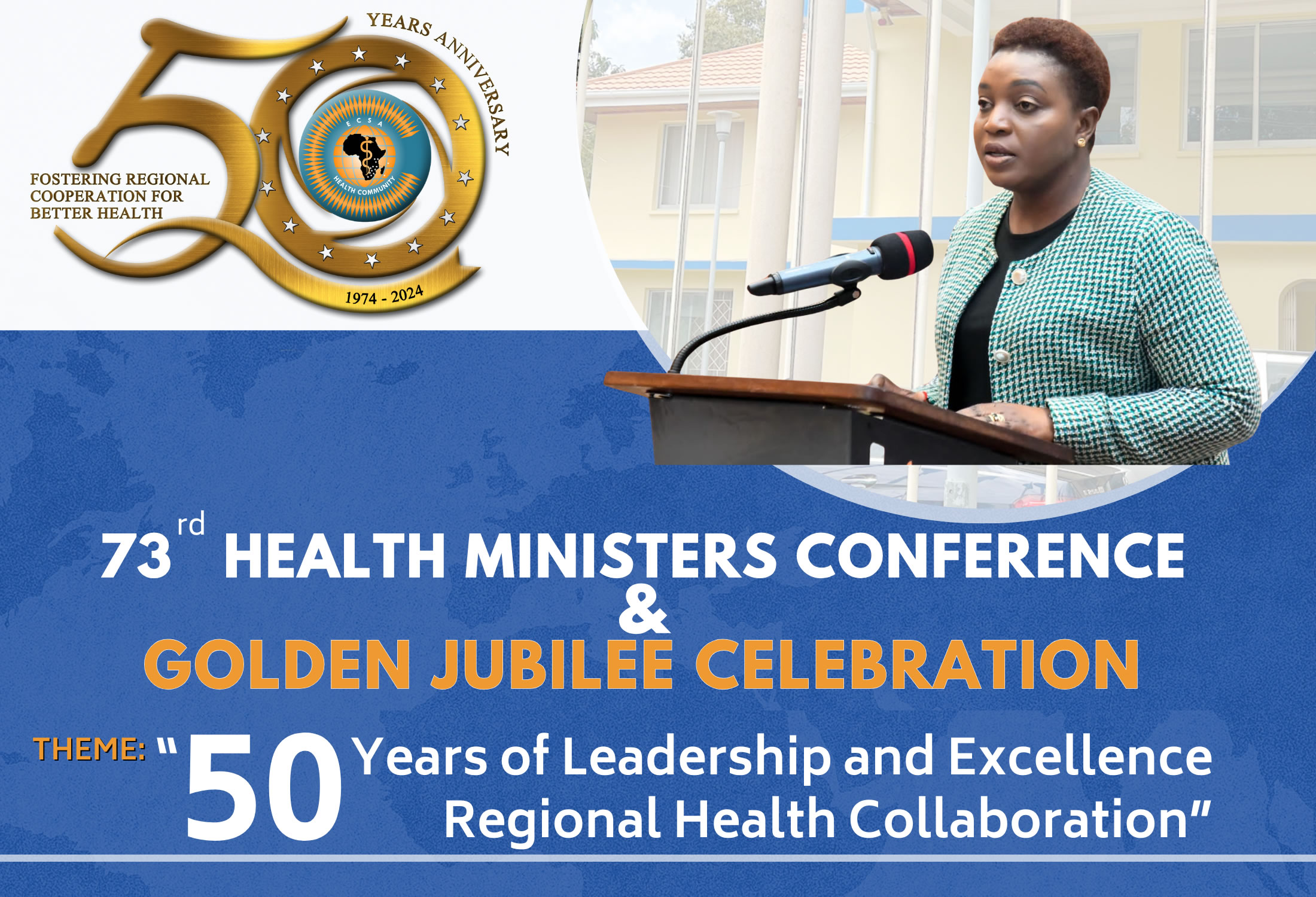Empowering Local Expertise: The Future of Biomedical Engineering in Sub-Saharan Africa

In an unprecedented collaborative effort, the East Central and Southern Africa Health Community (ECSA-HC), in partnership with Uganda’s Ministry of Health, has launched a transformative training program designed to bolster in-country capabilities for the maintenance and repair of critical laboratory equipment. Specifically focusing on biosafety cabinets, this initiative marks a pivotal step towards self-reliance in healthcare infrastructure maintenance across sub-Saharan Africa.
The ceremonious opening of the training was led by Dr. Diana Atwine, the Permanent Secretary of Uganda’s Ministry of Health. Dr. Atwine highlighted the critical need to cultivate in-country and regional proficiency in the maintenance and servicing of medical equipment. This vision not only aims to enhance the sustainability of healthcare systems but also to foster a spirit of collaboration and innovation among participating countries.
From March 25th to April 8th, 2024, biomedical engineers from nine countries, including Botswana, Burundi, Eswatini, Mauritius, Namibia, Rwanda, Seychelles, South Sudan, and Uganda, will converge in Uganda for a comprehensive training program. This groundbreaking endeavor seeks to address a longstanding challenge: the dependency on external expertise for the upkeep of essential medical equipment, which has historically imposed significant financial burdens on these nations.
Biosafety cabinets (BSCs) are vital in various laboratory settings, providing a sterile environment for the handling of sensitive materials. The proper functioning of these cabinets is crucial in preventing contamination and ensuring the safety of laboratory personnel. However, the maintenance and repair of BSCs have largely been outsourced to foreign experts, leading to excessive costs and delays.
The training program is designed to equip participants with the necessary skills and knowledge to undertake maintenance and repairs of BSCs within their own countries. By doing so, it aims to reduce reliance on international contractors, lower costs, and improve the responsiveness of healthcare services to the needs of local populations.
This initiative represents just the beginning of a broader movement towards enhancing healthcare infrastructure maintenance across sub-Saharan Africa. It underscores the importance of investing in local talent and capabilities to achieve long-term sustainability and resilience in healthcare systems.


